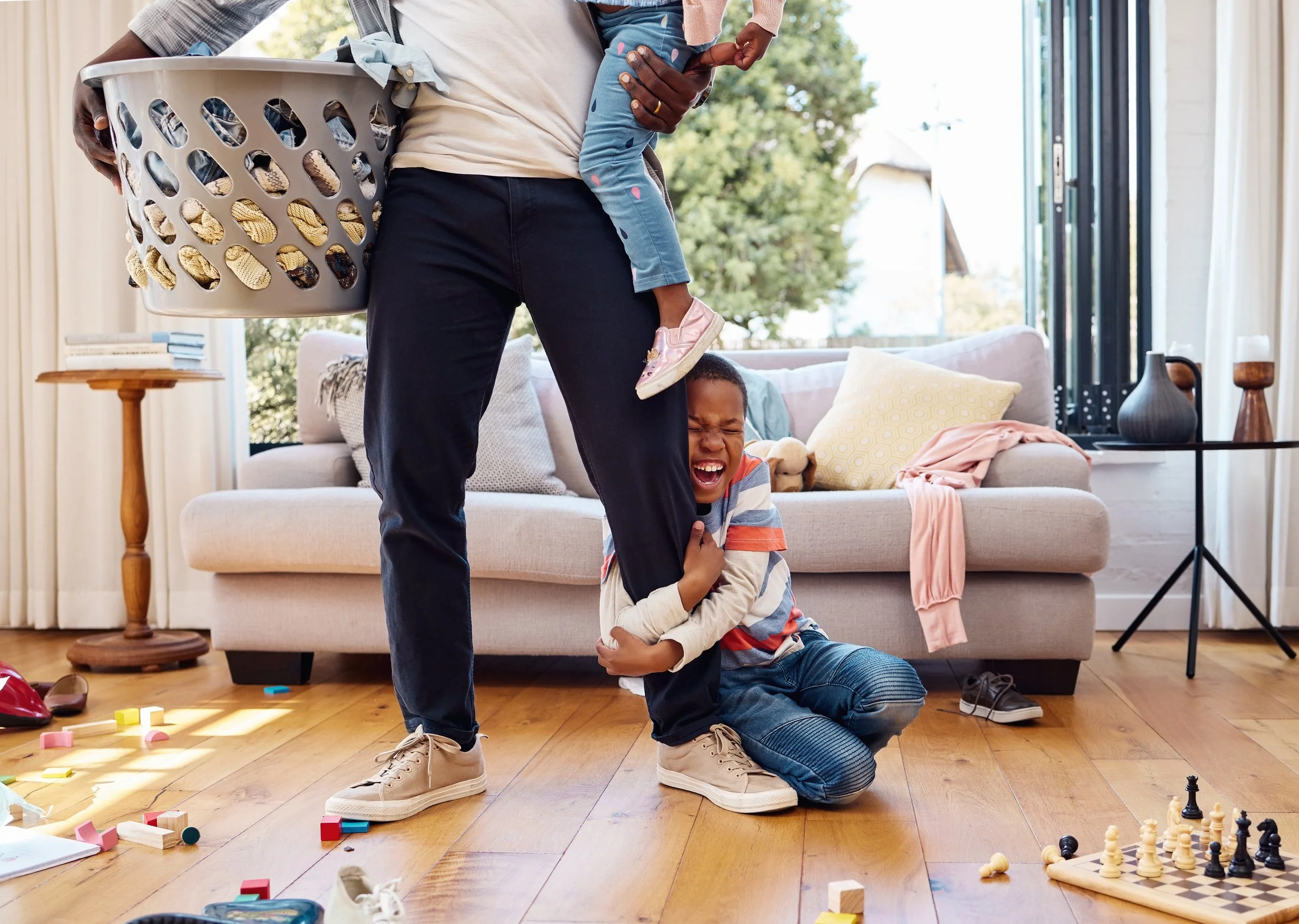Expect the Unexpected
With Thanksgiving behind us and Winter Breaks upon us, I wanted to pause to remind the adults about “unexpected behavior changes” in the complicated kids. (Honestly, probably in all of the kids. Probably all the humans).
When diets shift, and schedules shift, and school is out, and Grammy and Pop-pop come to town, or there’s a time change or a long car ride, and looooootttts of expectations and not much structure… we all know what can happen.
(Are you feeling this in your body yet? Does it feel like the train might come off the tracks?)
Under these circumstances, “unexpected” behaviors will occur: meltdowns, separation anxiety, fights with siblings and parents, wanting to control situations and people, wanting more food, wanting less food, wanting to play, not wanting to play – all of it.
Why?
Because nervous systems.
Remember that all neurodivergent kiddos have sensitive nervous systems. They are working harder than the average bear just to be in the world and be in their own skin. And, any disruption or change to the system is felt much more keenly than we might expect.
It’s actual brain work to just live in their bodies and move through the world. Very little of a complicated kid’s life happens on autopilot (and the times when it does, they are often shamed, blamed and punished for it. Think stimming, ‘weird’ interests, etc).
Ok, but back to “unexpected behaviors” like meltdowns, wanting to control situations and people, etc.
If we do a very slight shift and turn those UNexpected behaviors into expected behaviors, we do ourselves (and our kids) a BIG favor.
When we know we’re in for Expected Behaviors, we come to situations prepared because we know in advance what might happen. We come into situations calm and having taken care of ourselves. Or, if we blow up, we understand why.
We bring an extra toy or game or favorite snack for our kids. We make plans in advance to leave a given situation if things go sideways. We can also prepare our kids in advance for how they might act in a given situation. (This will depend on their age, but kids as young as 3-4 with good language skills can understand a basic sequence of events with pictures).
In other words, when we remember that we actually do expect changes in behavior around the holidays, we open up our brains to creative problem solving in advance and reduce the likelihood that we’ll be caught flat-footed in a moment of hell.
Which is not the same as saying that everything will go smoothly: it probably won’t.
So let’s talk about what to do when things go completely off the rails.
FORGIVE yourself and your child. Holding a grudge is just hurting everyone; mostly you.
Take a break if you can. Take a short walk or a nap, leaf through a magazine (in the bathroom if you have to).
Take deep breaths. This is actual neuroscience, y’all. Deep breathing activates the parasympathetic nervous system (that’s the one that calms you down).
**NOTE: try not to ask your child to take deep breaths. Modeling is WAY more effective than telling. (See last week’s blog)Get out if you can. Leave early, send someone home with the kid(s) or skip the event altogether if you know it’s not going to fly. It is ok to prioritize your family’s mental health over social obligations.
Remember, the holidays sometimes (often? always?) bring chaos, but with a little preparation, compassion, and flexibility, you can create space for connection and growth—even when things don’t go as planned.
xo G
